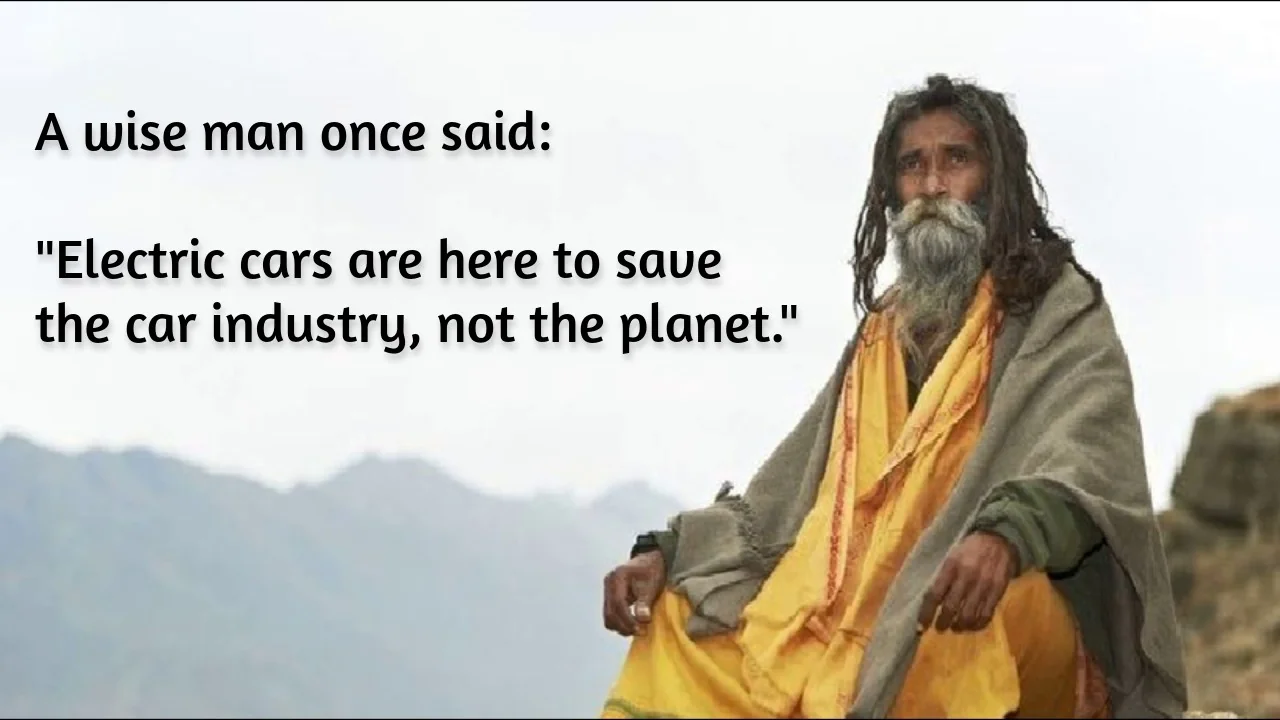view the rest of the comments
Fuck Cars
A place to discuss problems of car centric infrastructure or how it hurts us all. Let's explore the bad world of Cars!
Rules
1. Be Civil
You may not agree on ideas, but please do not be needlessly rude or insulting to other people in this community.
2. No hate speech
Don't discriminate or disparage people on the basis of sex, gender, race, ethnicity, nationality, religion, or sexuality.
3. Don't harass people
Don't follow people you disagree with into multiple threads or into PMs to insult, disparage, or otherwise attack them. And certainly don't doxx any non-public figures.
4. Stay on topic
This community is about cars, their externalities in society, car-dependency, and solutions to these.
5. No reposts
Do not repost content that has already been posted in this community.
Moderator discretion will be used to judge reports with regard to the above rules.
Posting Guidelines
In the absence of a flair system on lemmy yet, let’s try to make it easier to scan through posts by type in here by using tags:
- [meta] for discussions/suggestions about this community itself
- [article] for news articles
- [blog] for any blog-style content
- [video] for video resources
- [academic] for academic studies and sources
- [discussion] for text post questions, rants, and/or discussions
- [meme] for memes
- [image] for any non-meme images
- [misc] for anything that doesn’t fall cleanly into any of the other categories

Can you point to any examples of "well designed transit"? In my head, I can only see transit being faster than a car if it's in a densely populated city with small roads and dedicated transit lanes (be it a bus or a train). I don't know if that describes most of the places people live in the US.
Many cities in europe have succesful transit systems that compete with car times. Amsterdam in the Netherlands is a strong example. As for the united states, some of the denser downtowns with metros will have faster commute times on their metros than by car. It is rare to find well designed transit in America and that is part of what this sub is advocating to change. Most of the existing decent transit in america is relying on whatever lines and zoning survived the mass adoption of the automobile.
Yeah but do you have any examples of good transportation outside of dense urban areas? I can't imagine a typical American suburb being redesigned in any way that leads to efficient public transit unless maybe we push people into dense apartment complexes. And yeah, maybe that's an option, but people aren't going to give up their big houses and yards for the "privilege" of riding public transportation lol.
Don't get me wrong, I do greatly dislike cars, and I think public transportation is a very good thing to have, but it's not what's going to save us from cars.
It works best alongside redevelopment. America is missing the in between of high density to low density zoning. Areas where building can be built 3-6 stories high and built to be flexible Where they can be mixed commercial uses or residential uses. This can create environments much easier to serve with public transit and walkability. This is basically how many older cities were before they started tearing themselves apart for the car.
You are correct in that public transit doesn't service suburbia well. The car is the ideal solution to its design and thats exactly how it was built. After decades of this pattern and heavily subsidizing this development, the finnancial impacts are starting to catch up. Unfortunately when maintenance and repairs costs are considered, many suburban and strip mall developments cost more to maintain than the generate in taxes.
I live in a small city outside of Boston. We all know Boston has decent (for the US) transit, but consider my town …
we have two commuter rail stations for people commuting into Boston
train station in the center of town also
So I am living in a single family home in a small city, but there’s a bus on the corner that will take me to the town center (or I could walk) where there are many destinations, many connections. A significant number of people already live there where everything is. Unfortunately I still use my car too often, but yes I think my town does transit well even though it is not a major city